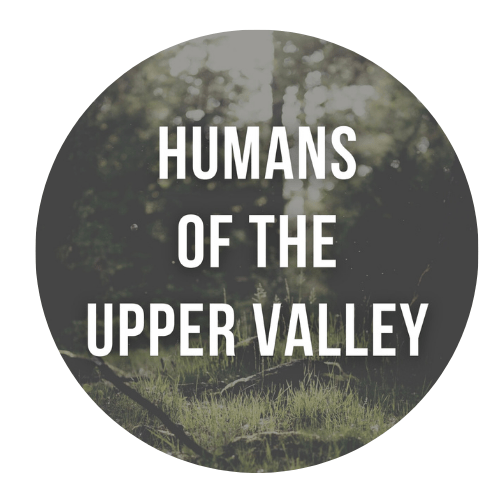“Even though my parents went to the university, where I went, it was an enormous culture shock. Going to Florida A&M University, an HBCU that was founded by Black people and where 99% of students are Black, I found that I couldn’t relate to the folks who looked like me.
Growing up, I experienced life very differently than my peers. In high school, I did debate and took SAT prep, while my fraternity brothers had their water shut off or went without power. Being unable to relate to what they went through on a daily basis made me incredibly sad.
What’s more, everything at FAMU was framed through the perspective of what it means to be Black and poor. The first course that every student at FAMU takes is the “Black Experience,” which tells the history of Black people in this country, from arriving on ships to the now. Even my economics class was framed from the Black perspective.
Being a Black person at an HBCU, living with the history and passions of your university, snaps you into shape. I grew angry at what so many folks who look like me are subjected to because of their zip code, or because their parents might not have obtained a college degree, or because they had a slightly darker complexion than me. I found these things unacceptable.
When folks heard my opinions, they were taken aback. But they heard me. At my university, it was about Black excellence, period. I asked to be on panels. I joined two fraternities. They had great expectations for me. And I wanted to live up to them.
Now, I am the director of community engagement for the American Civil Liberties Union of New Hampshire. I am fighting for the folks who have always been left out and do not have anyone else to fight for them. I still grapple with the high expectations of my university. I am still on my way to fulfilling them, but I am trying my best right now.” -Ed Taylor, West Lebanon, NH




